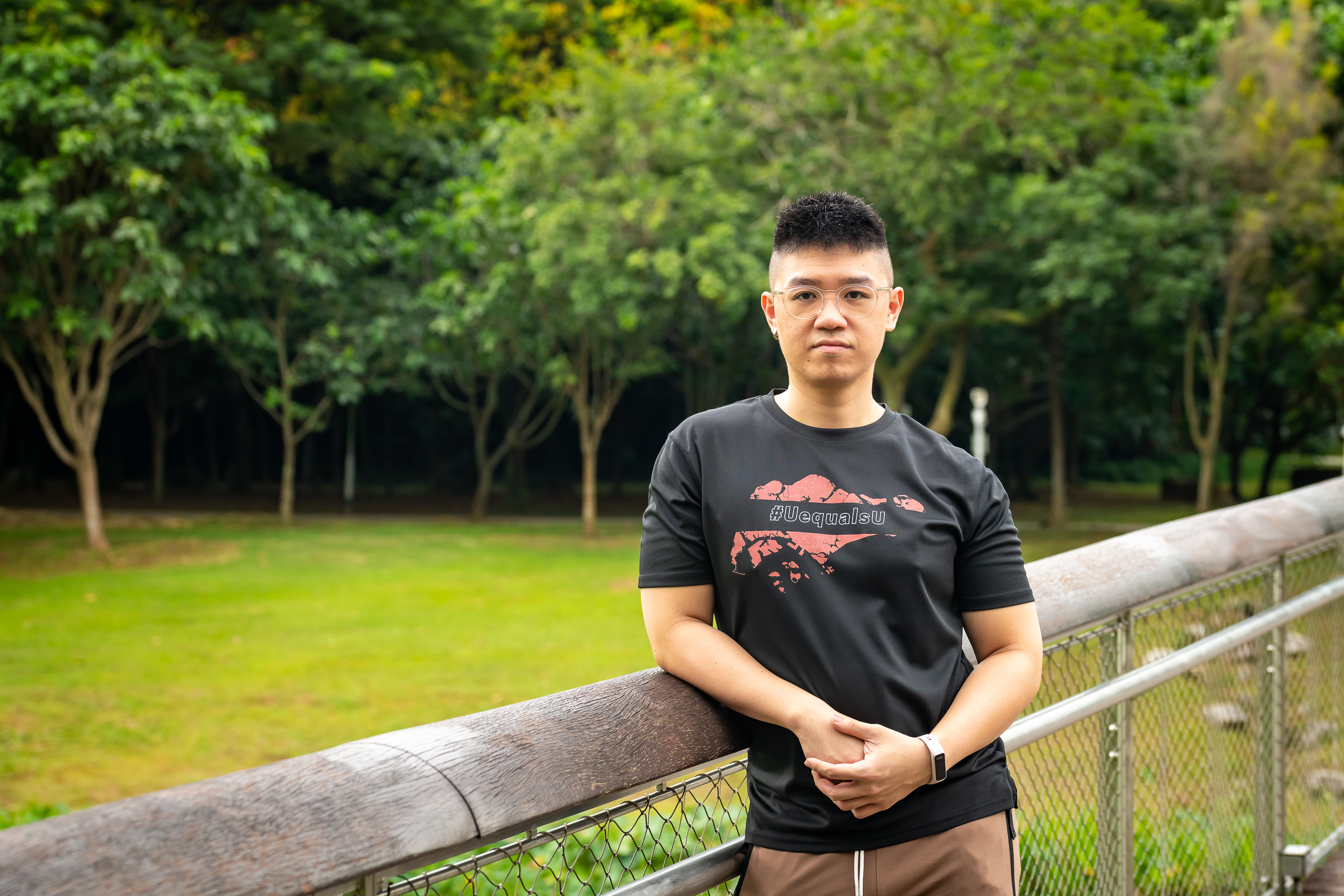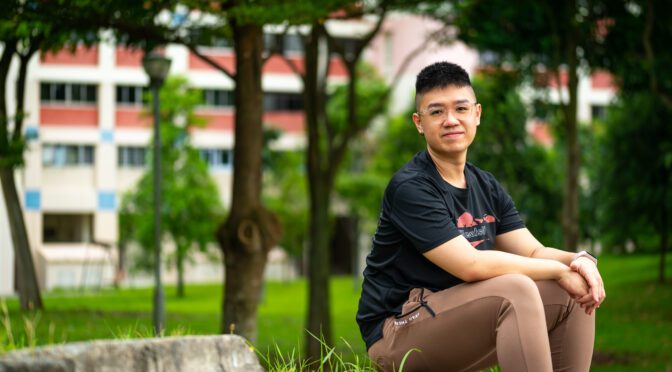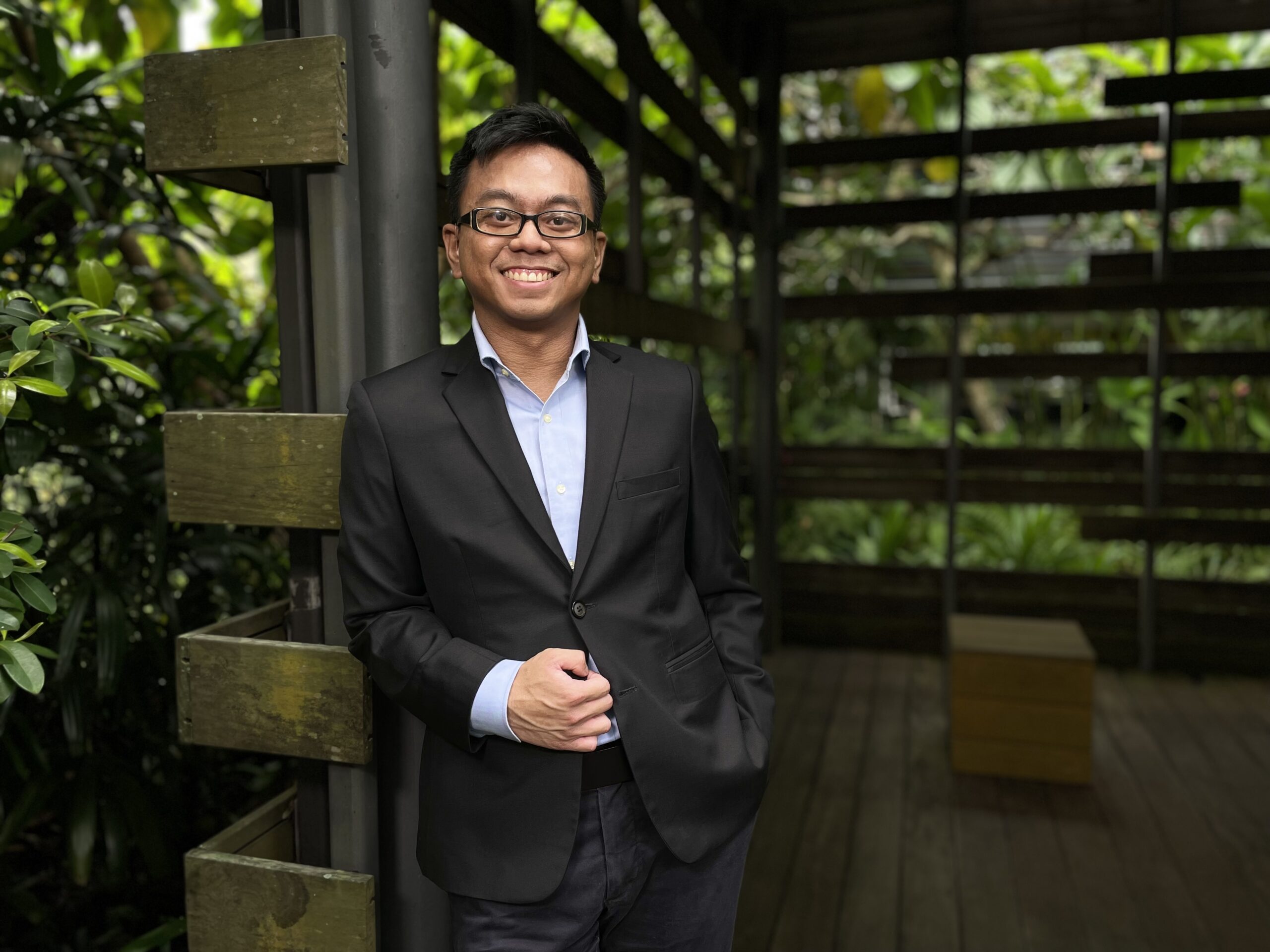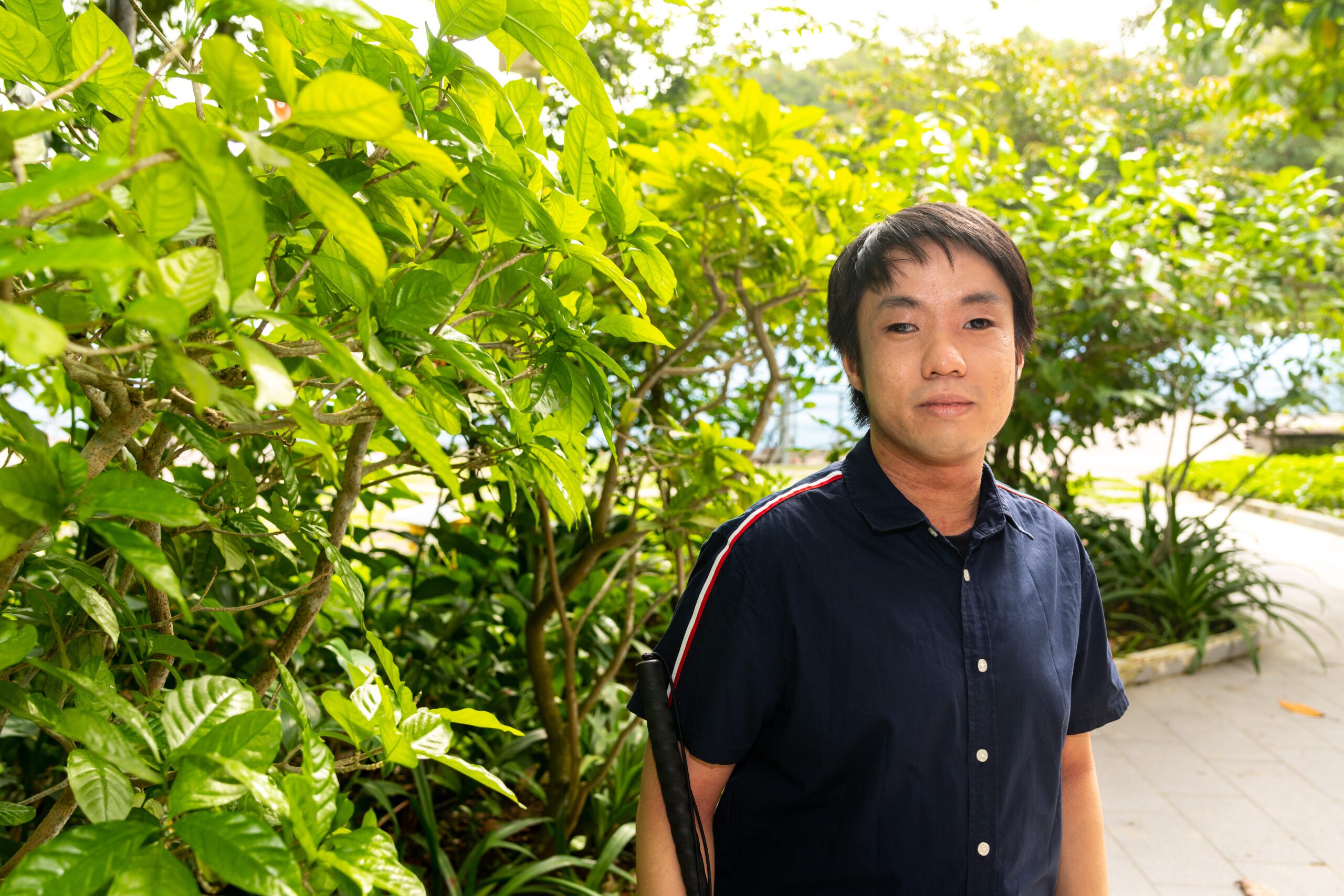Singapore’s sex education programme during my time was incomprehensive, to say the least. Taught by embarrassed teachers, it focused mainly on the anatomy, the stages of puberty and the use of contraceptives. Abstinence was the answer to our sexual urges, and that advice naturally fell on deaf ears for teenagers with raging hormones. I knew many schoolmates who had to drop out of school because of unwanted pregnancies. The programme barely scratched the surface of consequences — the challenges that adolescent mothers would face were for one never explored. Inculcated into us was the notion that sex was an activity to be had only after marriage, between two loving persons who had pledged eternal fidelity — just think about how realistic that is, no matter your sexual orientation. The topic of sexual transmitted diseases (STDs) was glossed over. Even adults today have gross misconceptions about STDs — the message was further lost on us teenagers who giggled at the mere naming of private parts, rudimentary doodling of breasts and who idled time away by making obscene calculator spellings. Moreover, as a gay person, I would never be able to get married, so what was I supposed to wait for before I could satisfy my cravings for intimacy? Nothing. And as a gay boy whose likelihood of impregnating females is zero, and who had an insouciance about STDs, I thought I had a free pass when it came to consequences.
The first time I had unprotected sex after a partner broached it, I was immediately hooked on that skin-to-skin contact. It was not just about the physical sensation. It was something deeper. It was only after I attended a social service course (many years later as an adult) that I learnt about neurological phenomena that afflict at-risk youths. One of it is ‘skin hunger’. When you hold hands with someone, there is this exhilarating burst of energy, this warmth, and you feel a connection with this person. Even as the world keeps turning, in that moment, all things slow and it is just the two of you. Skin-to-skin contact, be it sexual or non-sexual, triggers the production of dopamine and oxycontin — neurotransmitters that make us feel good. Quite simply put, it is our biological need for human touch. During my formative years, I had been deprived of that: I was bullied by my peers. I lived a life of isolation: I didn’t have any friends who planned social activities with me; I spent my weekends alone at home.
I was starved for touch, and unprotected sex was the panacea. After that first encounter, I sought again and again to make this soul-to-soul connection that made me feel so alive. Condom was a barrier to its achievement, and whenever I could, I went without it. Yes, even with strangers I could achieve this intense connection — one-night stands suddenly had meaning. Of course, I wanted someone whom I could confide in, and who could make me feel safe. The gay community is a microcosm of the heteronormative society, and we desire the same things: monogamy, marriage, family, the feeling of being wanted. But at that age, with my sudden ascension to being a desirable person — and being blissfully ignorant about STDs — the last thing on my mind was monogamy. Between the tedium of having to be in a committed relationship and instant gratification, I chose the latter. My wants eclipsed my needs: I wanted to feed my skin hunger and achieve satisfaction without having to spend time and energy navigating the woes of dating and courtship.



